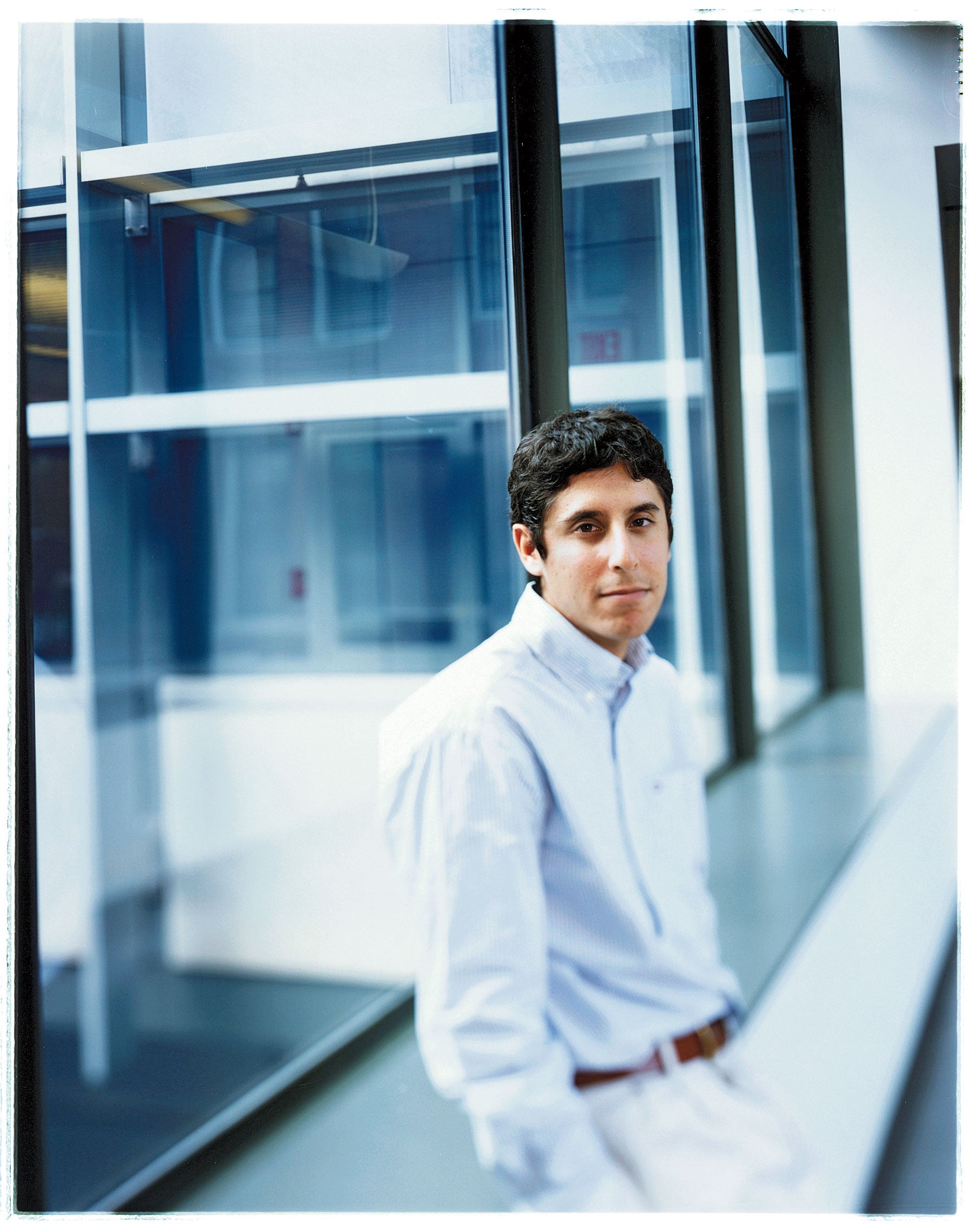Unsettling stories, resettling dreams
On world refugee day in June, Kofi Annan and Angelina Jolie urged the world to keep hope alive for millions of refugees. In a camp in eastern Africa, Scott Paltrowitz ’08 found that hope is often all that refugees have.
Paltrowitz spent this summer at Kakuma, a camp in Kenya, as a Chayes Fellow working for the U.N. High Commissioner for Refugees. As part of the UNHCR’s resettlement unit, Paltrowitz conducted profiling interviews of people who fled war and abuse in the Democratic Republic of Congo. The camp—designed in the early 1990s as a temporary shelter for the “Lost Boys” of Sudan—has become a permanent way station for some 90,000 refugees from nine countries. Many are unable to return home safely, and all are prohibited by Kenya’s encampment policy from making a home locally.
“People often tell me, ‘I don’t know what my future is,’” said Paltrowitz in a cell phone interview from the camp in July. “Some people have been here for 15 years and are just stuck in this place.” Part of his job was to identify which individuals might qualify to resettle in a third country.
Interviewing refugees was “a wonderful experience and a very difficult experience,” said Paltrowitz. Hearing each person’s story of survival was eye-opening. But time constraints, the emotional nature of the interviews and his role as an official representative of the UNHCR created challenges.
One of the challenges, he says, was probing refugees for details of why they left their countries—information that could make for a strong resettlement claim—while being careful not to force them to relive traumatic events.
“It’s not easy to talk to a stranger about how your mother was raped and killed in front of your eyes, and then they raped you,” he said.
At the same time, he found himself in the position of judging refugees’ credibility. Because his assessment could determine whether a person might be eligible for a resettlement referral to a third country, he knew there was an incentive for refugees to bolster their cases—even at the expense of the truth.
Paltrowitz became interested in human rights while pursuing a bachelor’s in industrial and labor relations at Cornell. In a class reading, he came upon the concept of passive injustice—allowing suffering to occur when it could be prevented or alleviated. He went on to earn an M.P.A. in international development studies, and, after traveling around the world playing professional tennis for a year, he enrolled at HLS to pursue a career in the management of violent conflict and humanitarian crises.
His internship, Paltrowitz says, gave him firsthand experience in dealing with the emotional aspects of conflict, a topic he is exploring at HLS as a research assistant in Lecturer Daniel Shapiro’s International Negotiation Initiative. Being on the ground in Kakuma also gave him the opportunity to absorb details of refugees’ lives. He helped with food distribution and observed the Mobile Court, which adjudicates disputes in the camp. Every free moment he had, he played soccer with the children, many of whom were born in the camp and hope to someday know a permanent home somewhere else.
